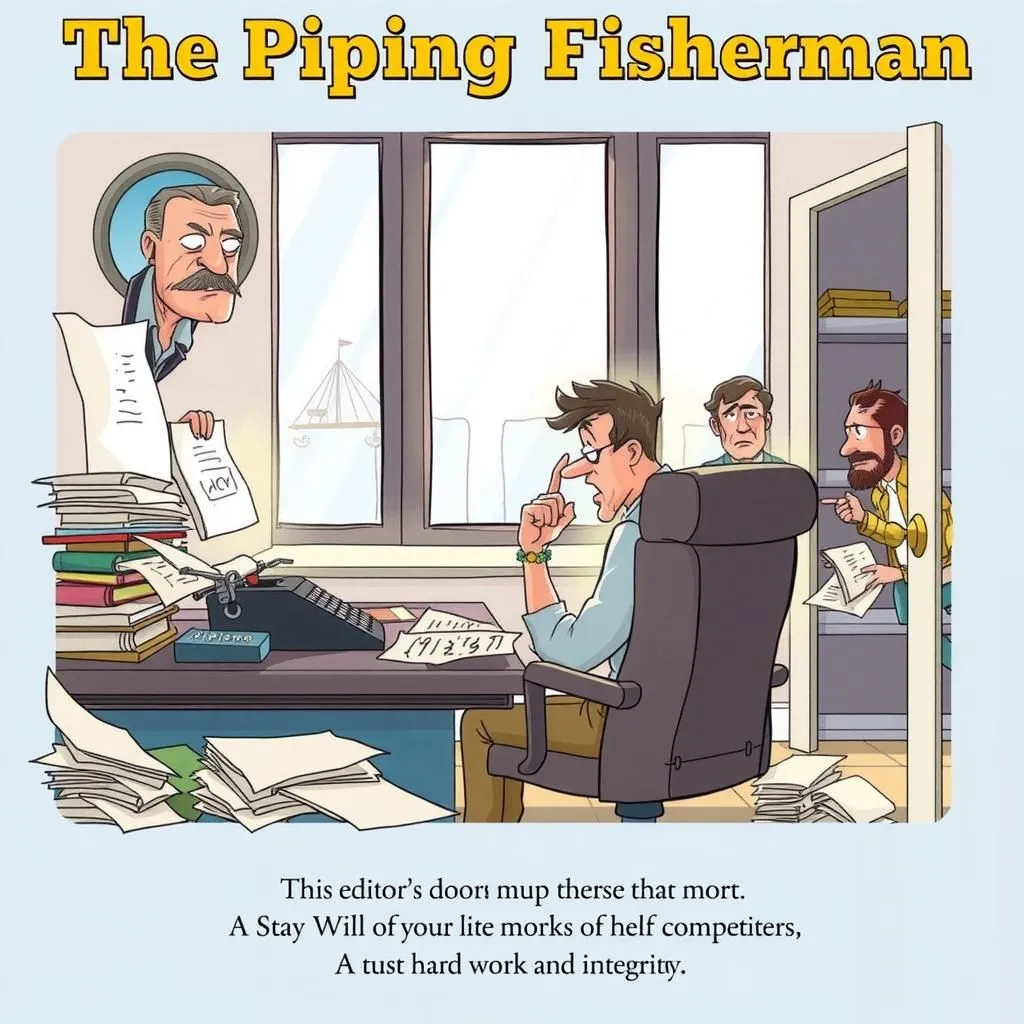
The Power of the Scalawag
In "The Power of the Scalawag," a Forestry Commissioner hastily abandons his axe after cutting down a magnificent giant tree upon encountering an honest man. Upon his return, he finds a poignant message on the stump, lamenting how quickly a scalawag can destroy nature's centuries of toil and wishing for a similar fate for the wrongdoer. This timeless moral story serves as a powerful reminder of the consequences of greed and carelessness, making it an engaging quick read for kids.


